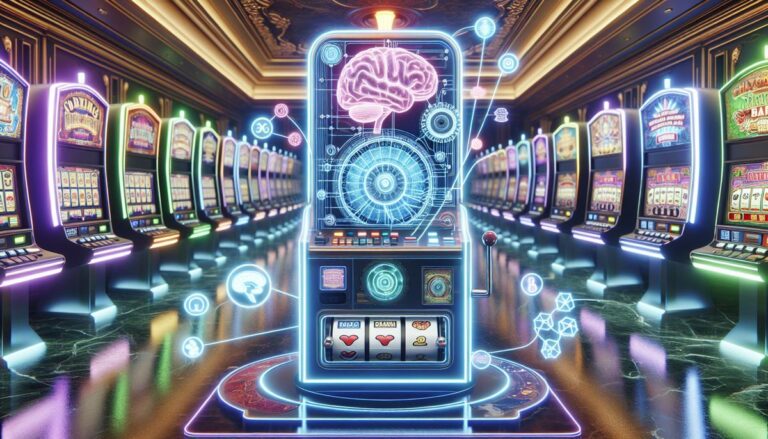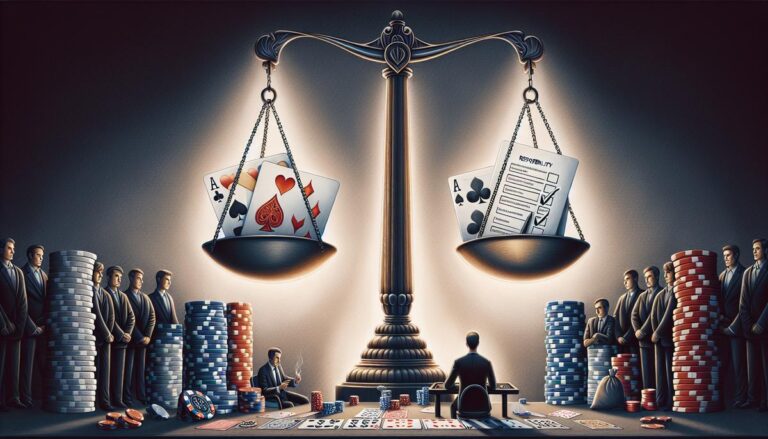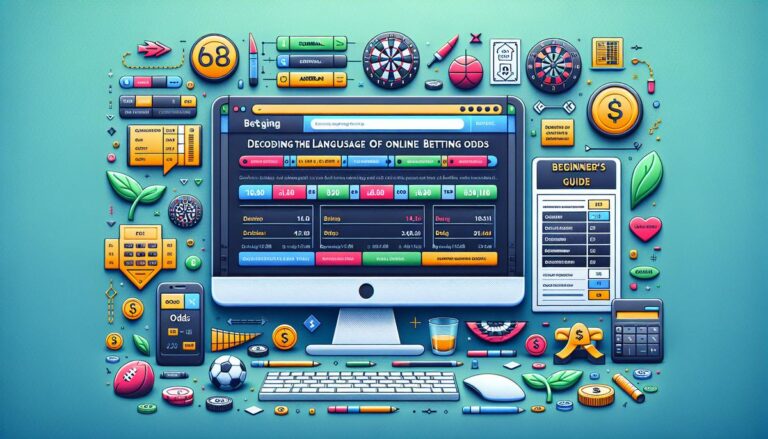The Psychology of Gambling: Exploring the Thrill of Risk and Reward
In the entrancing world of chips and cards, digitized slot machines and virtual sports betting, there exists a question that hooks both the mind and soul – why do we gamble? The pulsating allure of gambling isn’t only restricted to the adrenaline rush, the sheen of money, or the glamor that pop culture often portrays. Leaving the surface glitter aside, the intricate web of gambling psychology involves a brilliant dance between risk, reward, the ‘illusion of control’, and an array of cognitive distortions. Let’s dive in and explore this fascinating underworld.
The Lure of Triumph: Risk and Reward
At the heart of gambling lies the seemingly desirous concoction of risk and reward. The thrill of wagering, combined with the suspenseful joy of winning, provides a neurochemical surge unlike any other. Studies show that this winning triggers the release of dopamine, the neurotransmitter responsible for feeling ‘reward’, creating an intensely pleasurable rush. Moreover, the ‘big win’ doesn’t have to repeat itself frequently; the sporadic, unpredictable nature of these wins also condition gamblers to keep playing, hoping for another walk under the winner’s arch.
Illusion of Control: Power Play
Laying fate to the draw of cards, or the spin of a roulette wheel, should imbue a sense of powerlessness, shouldn’t it? And yet, gamblers report a strong sensation of control during their games. This paradox is attributed to the ‘illusion of control’ – a cognitive bias where people overestimate their ability to control unpredictable events. It fuels the optimism in a gambler’s heart, where they believe they can influence an independent, purely chance outcome. Tactics like choosing personal lucky numbers, blowing on dice, or perfecting a ‘foolproof’ poker face, are all manifestations of this illusion. The online gambling industry reassures this belief by providing options like ‘stop’ buttons on slot machines or choosing the order of cards in some digital games.
Cognitive Distortions: Skewed Perceptions
A gambler’s mind is a fertile breeding ground for cognitive distortions – erroneous beliefs about the probability of winning. Two of the most common are the ‘gambler’s fallacy’ and ‘near-miss’. The gambler’s fallacy is the belief that past events can influence future ones. For instance, after a long losing streak, a gambler might be convinced that a win is just around the corner – the ‘due’ win. Then, there’s the ‘near-miss’ – when an outcome is close to a win but doesn’t quite make it. Despite being a loss, the brain perceives it similarly to a win, spurring the gambler to try again.
Immediate Gratification: The Instant Payoff
In a world embraced by instant gratification, the online gambling industry thrives. The rapid event frequency, immediate payoff, and the potential to quickly recoup losses are soaring while impacting the gambler’s psyche. Speedy games like online slots or blackjack hit that ‘instant gratification’ zone, encouraging players to gamble more rapidly and for extended periods.
In summary, the psychology behind gambling is complex and multi-faceted. As gamblers, understanding this helps us make informed decisions, gamble responsibly, and fundamentally, ensures it remains a source of enjoyable entertainment and not a problematic addiction. The world of online casinos is pulsating, filled with thrills, and as mesmerizing as it is, it’s essential to play mindfully. So, whether you are a poker pro or an online slot enthusiast, remember – understanding the rules of the game is as crucial as understanding the rules of your mind.






